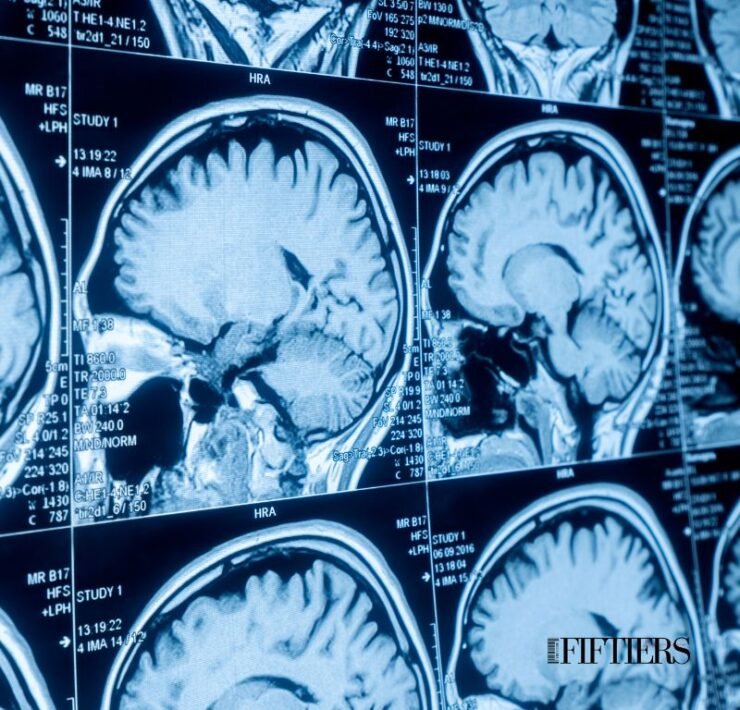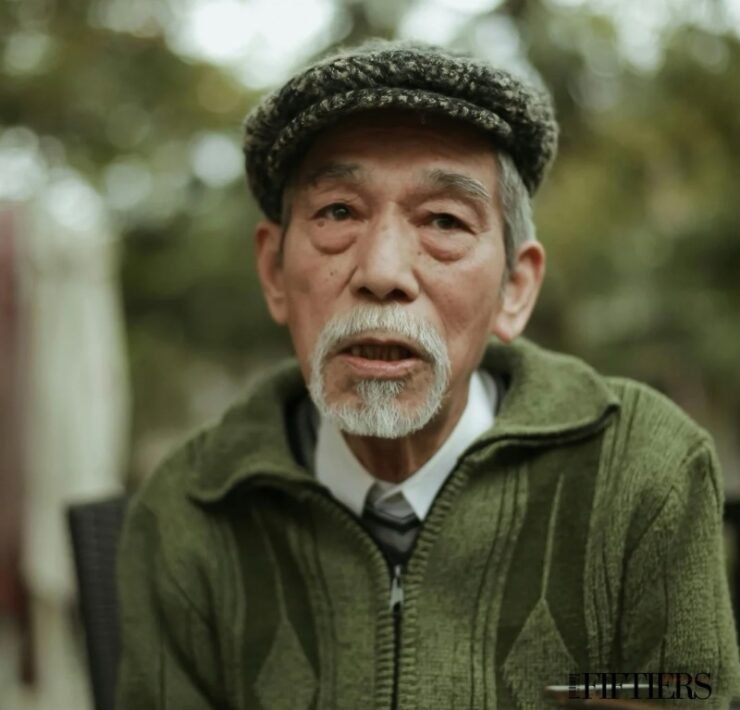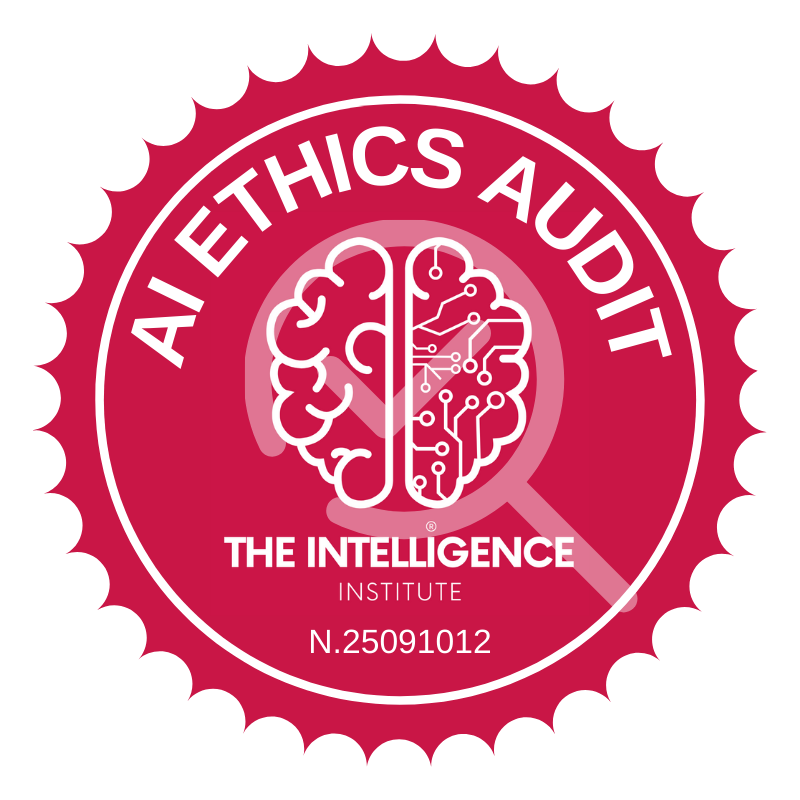Artificial Intelligence and the Wisdom of Our Elders: A Bond for the Future

FIFTIERS | Life Begins at 50. La vida comienza a…
Wisdom… that blend of experience, intuition, and heart that you don’t learn from books. It’s that “something” that sets apart someone who has lived from someone who is just starting out. In contrast, artificial intelligence —for now— only knows about data and patterns. It can beat you at chess or predict tomorrow’s weather. But… can it truly grasp the deep meaning of a difficult decision? Can it interpret the uncomfortable silence after a look?
In the classic knowledge hierarchy —data, information, knowledge, and finally, wisdom— AI still lingers on the middle steps. Older adults, however, comfortably inhabit the highest level. They know when a pause says more than a thousand words. Or when doing nothing… is actually the wisest choice.
And here’s the interesting part: what if we combine both worlds? AI —fast, tireless, meticulous. Elders —deep, empathetic, intuitive. The truth is, they could form a powerful alliance. Because what technology hasn’t yet replicated is precisely that: the richness of lived human experience. Not just what someone knows, but how they know it, why they know it… and when to stay silent.
For years, most AI systems have been designed by young people, in offices full of technical talent but lacking life diversity. And of course, that shows. Tools are created that are efficient, yes, but sometimes lacking in tact, in humanity. Including the voice of elders in that process can change the tone of the conversation. It can add nuance, memory, even tenderness.
AI That Learns from the Experience of Elders
And no, this isn’t science fiction. There are already projects underway where the wisdom of older adults becomes a digital asset. In Spain, for example, the MENTOR Project connects older people with younger ones, so they can act as mentors in areas where they have experience. This happens through AI platforms, interactive games, and even virtual assistants that help keep that bridge alive.
Another touching example: ElliQ, a social robot designed to accompany older adults. This isn’t just any robot. It doesn’t just tell time or remind you to take your pills. ElliQ listens, suggests a walk, poses a curious question. Its artificial intelligence is trained not just to react, but to be there. Because sometimes, what a person needs isn’t a fact —it’s companionship.
In the healthcare world, progress is also being made. Imagine a doctor with decades of experience who has seen it all. Now imagine part of that knowledge —his intuitions, strategies for handling complex cases— being translated into systems that support younger doctors. It’s like having a mentor always available. Bayer has done something similar in industry: they collected the knowledge of their veteran technicians and integrated it into a platform so new generations could learn from it, even after those experts have retired.
And when older adults are involved in the design of technology —not as passive users, but as co-creators— the results change. Dramatically. Technology becomes more intuitive, more accessible, more human. There are already initiatives that invite older adults to participate in developing health apps, smart home systems, or personal assistants. They say what works, what doesn’t, what’s annoying, what’s missing. And the companies that listen… win.
Challenges in Modeling Intergenerational Wisdom in AI
But of course, not everything is that simple. Translating wisdom into machine language is complicated. Very complicated.
Much of what elders know is tacit. It can’t be written in a manual. It’s the kind of knowledge you gain from years of observing, failing, listening. How do you explain to an algorithm that a silence can be more meaningful than an answer? Or that the way someone serves coffee might say more about their emotional state than any test?
Moreover, wisdom isn’t just knowledge. It’s judgment. It’s values. It’s knowing when to say no, even when everything seems to point to yes. And that… is hard to encode. Teaching an AI to be compassionate, to be cautious, to consider the other… is a monumental task.
We must also talk about bias. Many AI algorithms don’t work well with older people. Why? Because they were trained with data from younger people. It’s like building glasses that only allow you to see part of the spectrum. That’s why we need broader, more diverse datasets. And yes, we need to test technology with elders, not just with twenty-something techies in Silicon Valley.
And then there’s privacy. For AI to learn from you, it needs to know you. And that leads us into delicate territory. How ethical is it to collect someone’s life, anecdotes, and habits? Who controls that data? What happens if it’s used in ways that person never would have accepted? Here, respect and transparency aren’t optional. They’re essential.
Future Perspectives: Preserving and Amplifying Human Wisdom
Now, let’s get a bit visionary.
Imagine a digital library where, instead of books, you find voices. Experiences. Life lessons. A space where you can ask not just what to do, but how your grandfather would have done it. Or your favorite teacher. Or that rural doctor who saved your life 20 years ago.
There are real cases already. One of the most well-known is the Dadbot: a son collected thousands of messages and recordings from his father to create a chatbot with his personality. That way, he could continue talking to him after he passed away. Not to replace him, of course, but to keep remembering. To ensure his essence wouldn’t fade with time.
In business, virtual assistants are starting to emerge that capture the thinking of great experts. They don’t just tell you what those experts would have done —they tell you what they would suggest you do, in your specific context. Like a digital mentor, always available, with decades of experience distilled.
And this… is just beginning. If we do it right, AI can become a powerful ally to ensure human wisdom doesn’t disappear —it expands. So that finding the right advice at the right moment doesn’t depend on luck. So that each generation doesn’t have to start from scratch.
In Summary
Including elders in the digital age isn’t just a kind gesture. It’s a necessity. An opportunity. Because if we let artificial intelligence feed only on youth, speed, and novelty, we’ll lose something essential. But if we nourish it with experience, with pause, with nuance… then yes. Then technology can move forward without forgetting what makes us deeply human.
And who knows? Maybe, a few years from now, when an AI helps us make a big decision, we’ll feel that behind its response there isn’t just data —but also something that sounds a lot like our grandparents’ voice.
Discover more from FIFTIERS
Subscribe to get the latest posts sent to your email.


















